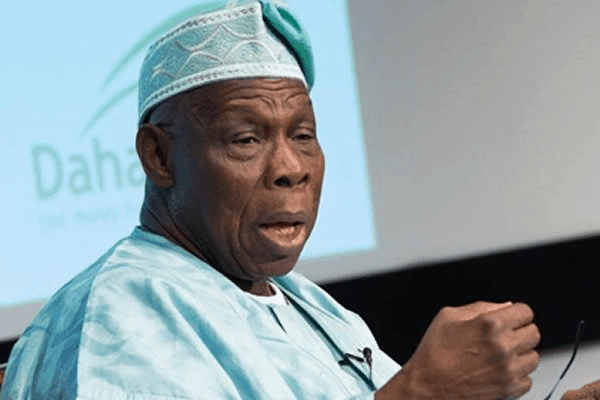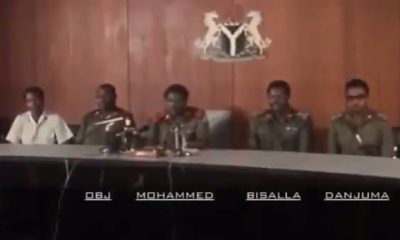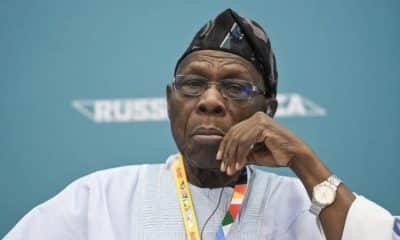Politics
How Obasanjo Used EFCC To Remove Governors, Lawmakers When He Was President – BMO

The Buhari Media Organisation (BMO) has accused former President Olusegun Obasanjo of using brutal methods to rule while he was still president.
Recall that on Monday, Obasanjo insisted he doesn’t criticize Buhari for personal issues as he was “only criticizing the programmes and policy of the present administration to ensure that things were done according to democratic norms.“
But through its Chairman and Secretary, Mr Niyi Akinsiju and Cassidy Madueke, the group listed Obasanjo’s brutal methods for the ruling.
They said Obasanjo’s statement on continual criticism of Buhari is a confirmation that his pre-election criticism was fuelled by ego.
BMO, highlighting how Obasanjo was brutal in his regime, said the former president had a lot of failings in office and was averse to criticisms throughout his tenures in office.
The statement read: “It is a matter of public record that Chief Obasanjo did not entirely cover himself in glory while in office, especially with the removal and attempted removal of state governors in violation of the constitution.
“His methods were simply brutal and were in most cases spearheaded by the Economic and Financial Crimes Commission and in at least two cases, Anambra and Oyo States, led by his enforcers.
“And can anyone forget so soon how Senate Presidents were impeached unceremoniously under his watch, as well as the incident that eventually led to the death of former Senate President Chuba Okadigbo soon after he was tear-gassed at a political rally in solidarity with the then-candidate Muhammadu Buhari in 2003.
“The previous elections under Obasanjo in 2003 were hardly different. Chuba Okadigbo, the running mate of the opposition presidential candidate at the time, could not leave his house to vote for himself because soldiers had stationed an armoured tank in front of his house with the nozzle directly facing his gate.
“General Yakubu Gowon is one Head of State who has no record of public criticism of his successors in office. He was Obasanjo’s boss for nine years, from 1966 to 1975 and not once did he utter a public criticism of the former President throughout his two tenures from 1976 to 1979 and 1999 to 2007.”












